Unlocking the potential of technology
- Published
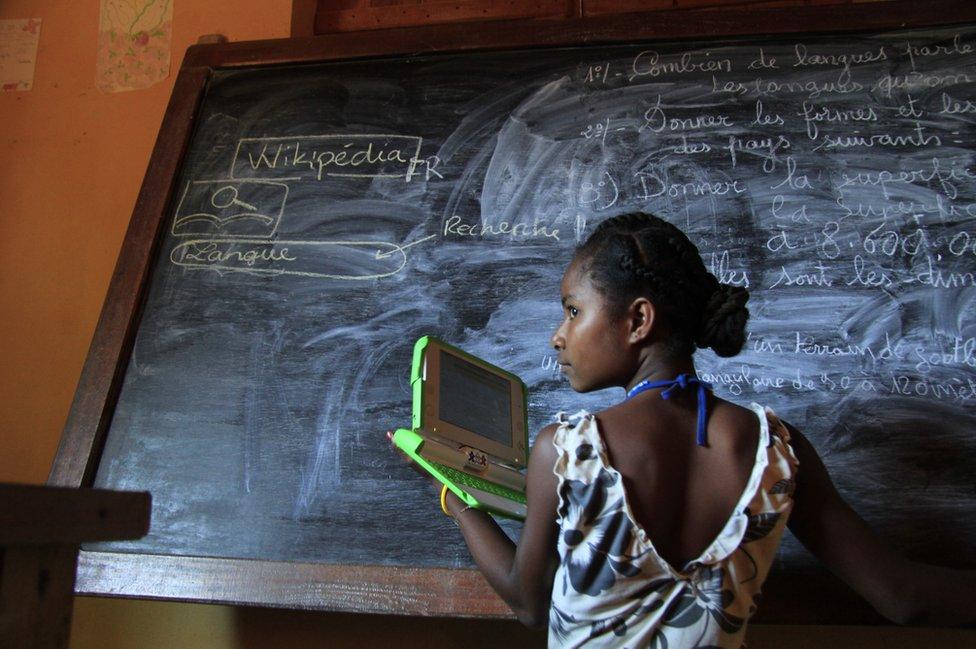
The first online experience for these 16-year-olds in Madagascar was browsing Wikipedia and writing what they had discovered on a blackboard.
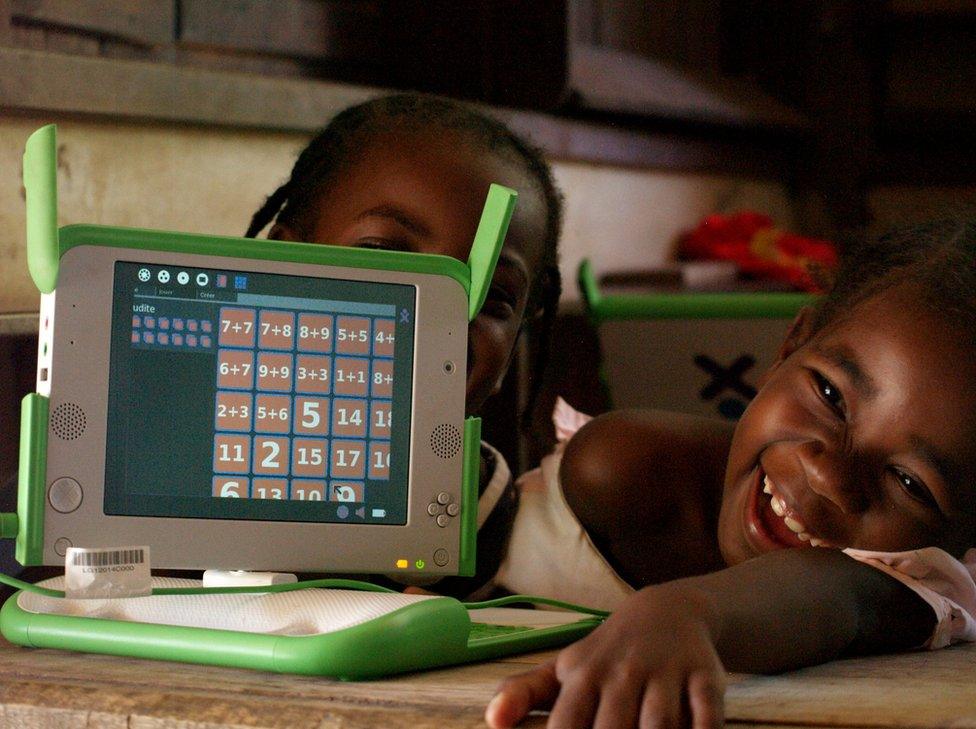
The One Laptop per Child project was one of the first to deploy small laptops in classrooms in developing countries, more than a decade ago.
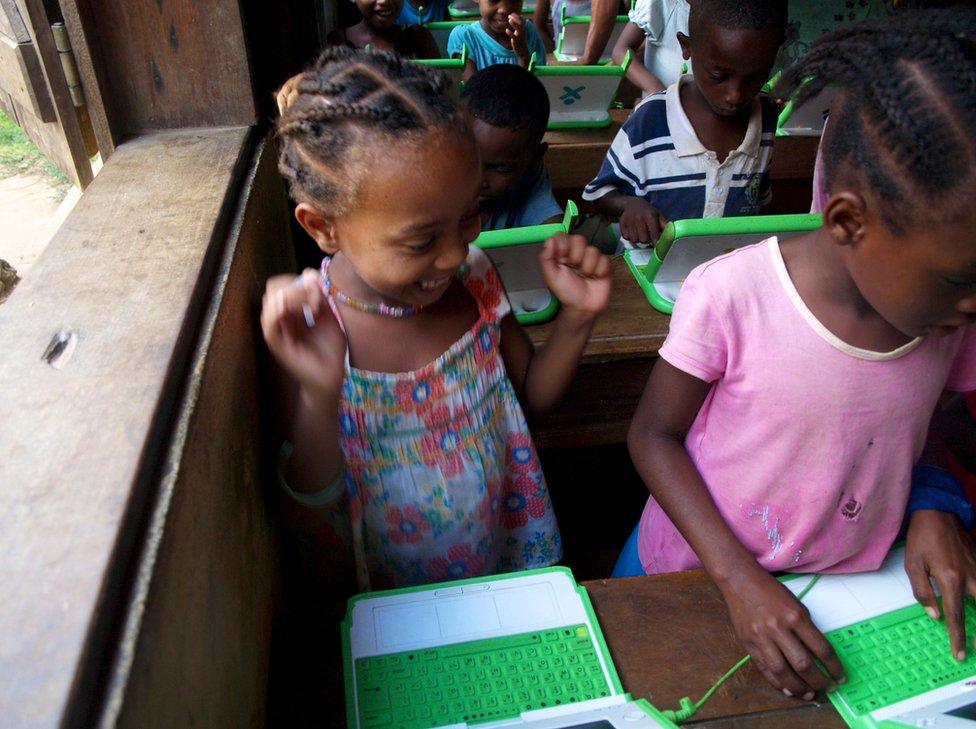
The children were able to practise their algebra by shooting spaceships.
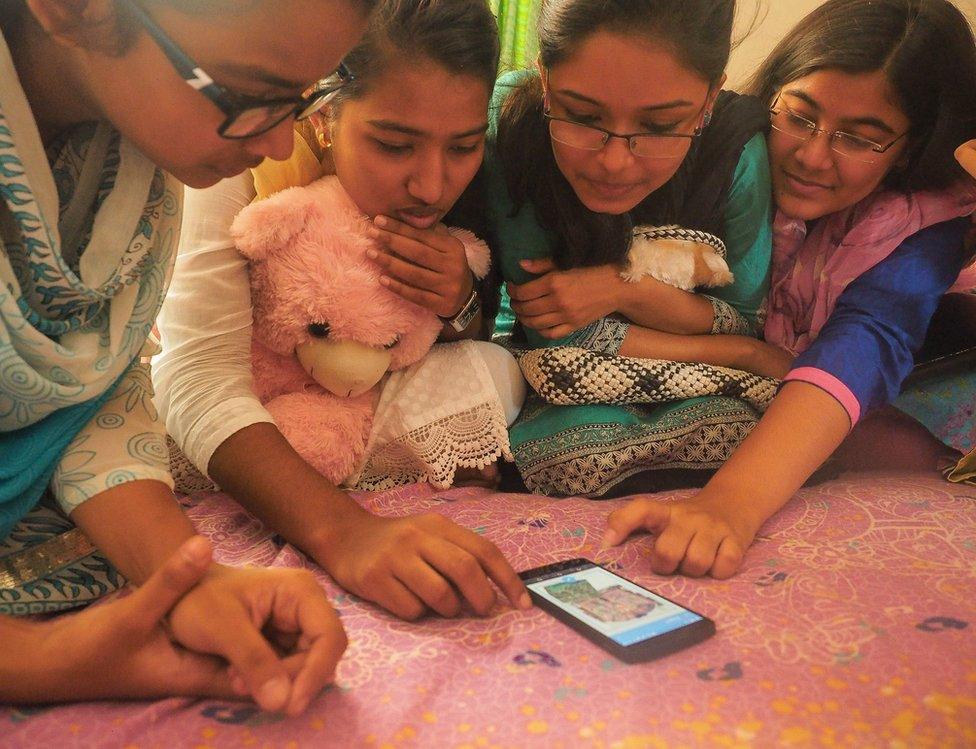
In Bangladesh, Facebook was a main driver for discovering the internet, with some not looking beyond that one site.
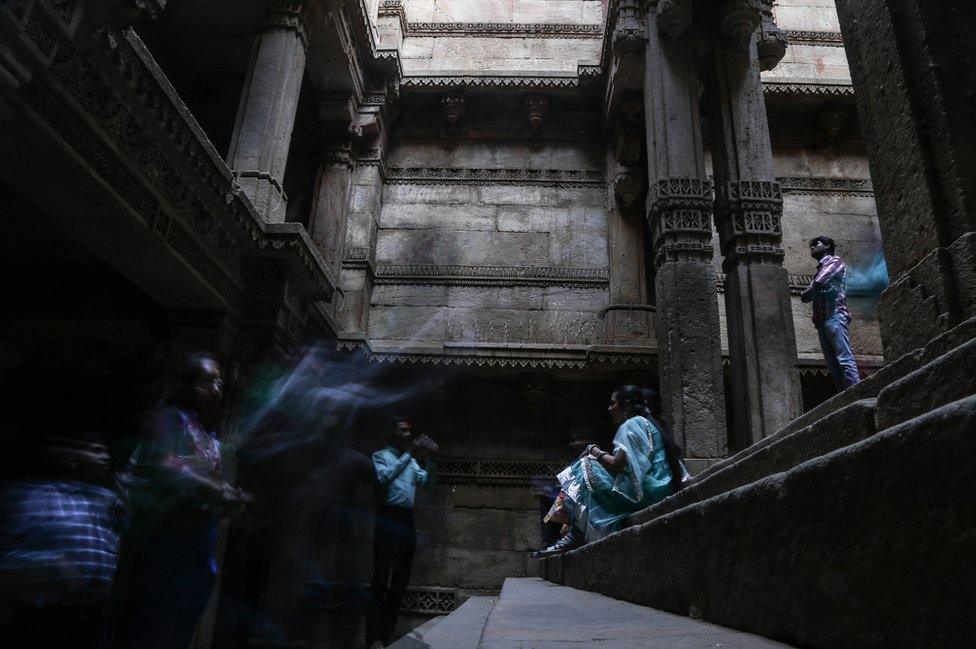
Smartphones are often seen as just means of taking photographs rather than a conduit to a wider world, as here in a temple in India.
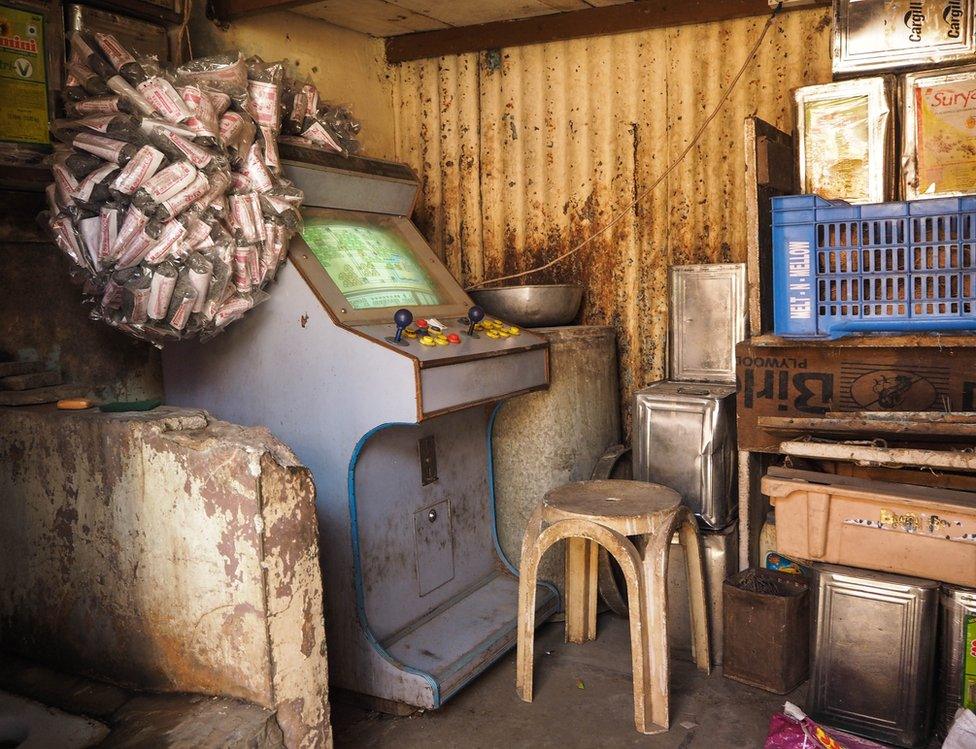
Inside the toilets of a slum in Pune, India, a Pokemon arcade machine is waiting to be played.
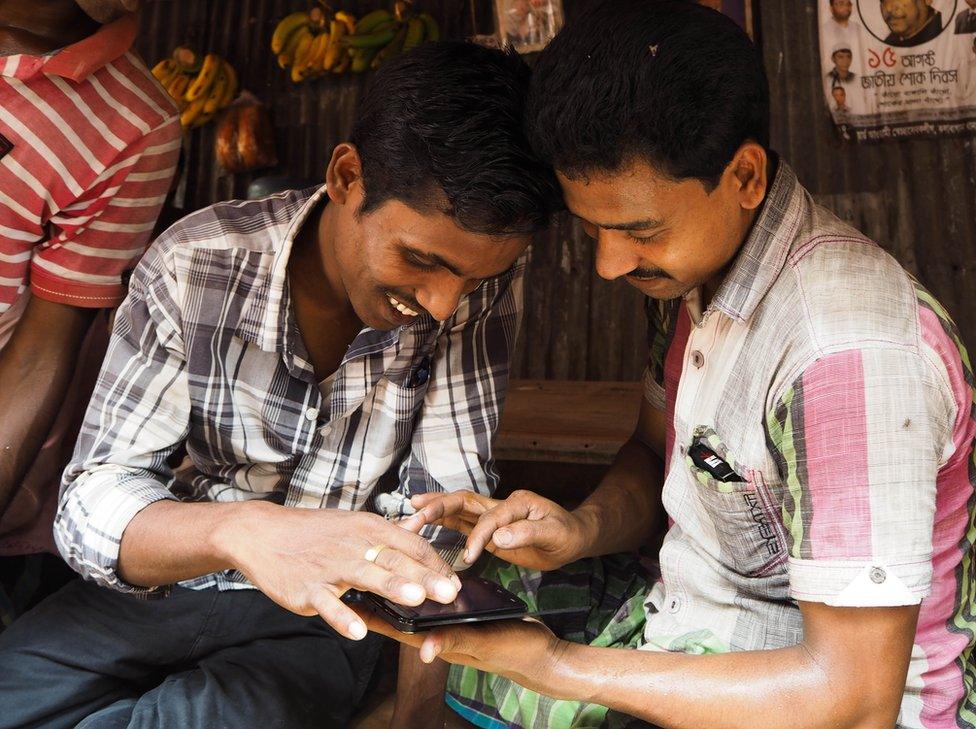
These two men play Angry Birds in the street, in Dhaka, Bangladesh, unaware they could access the internet on the smartphone.
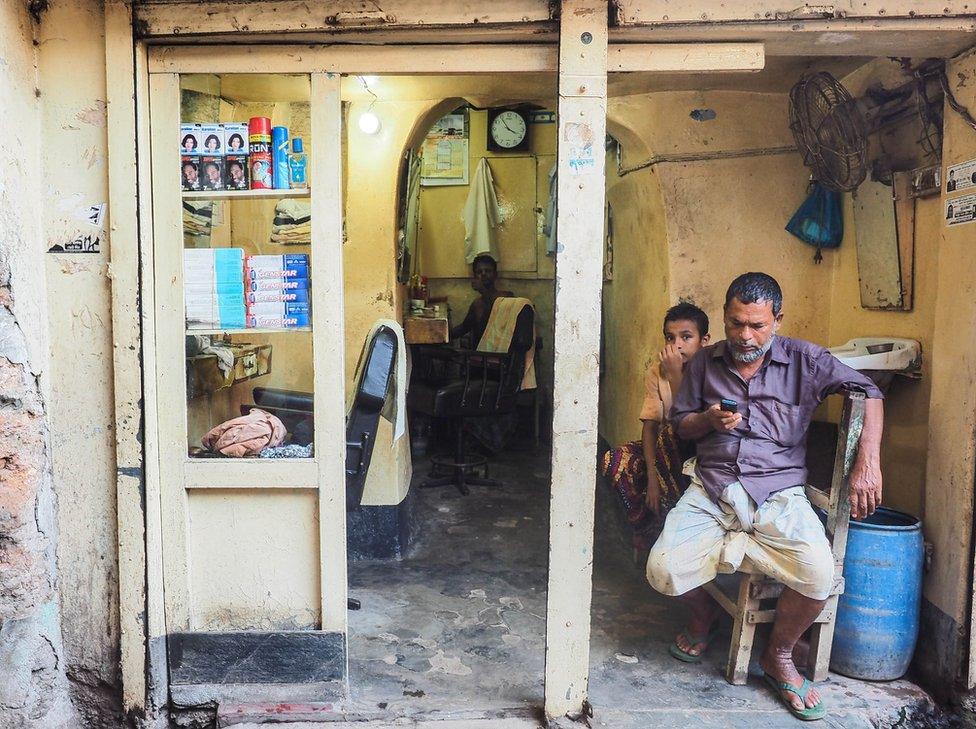
In places like this Bangladeshi hair salon, where music is blasting and tunes can be loaded on your phone while you get a haircut, memory cards or Bluetooth connections are used to counter the prohibitive cost of data.
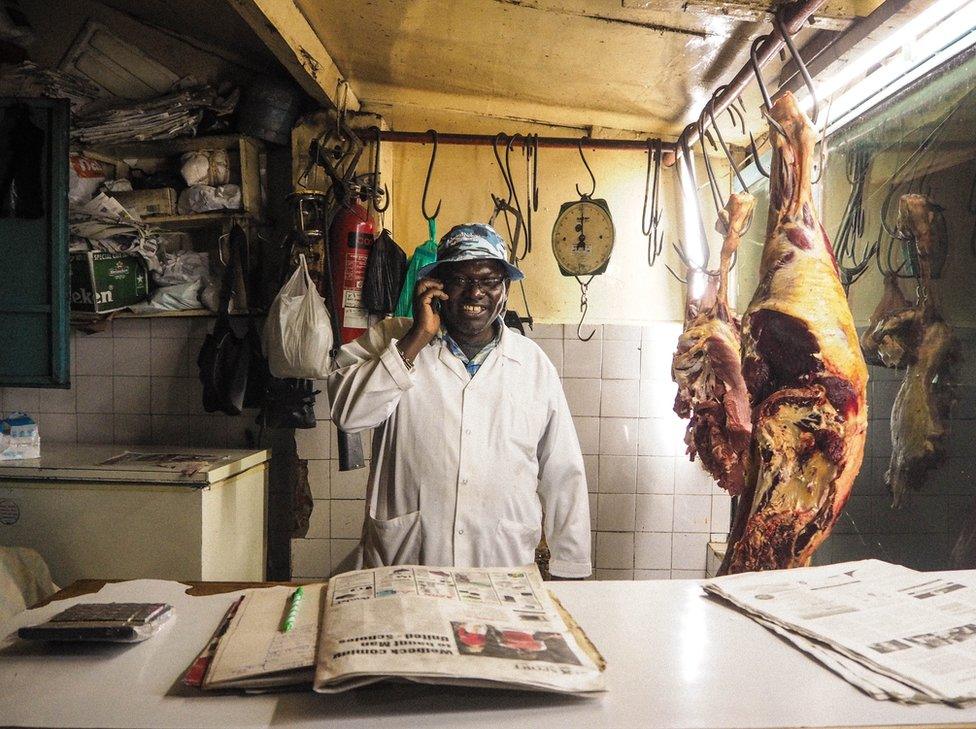
Facebook and WhatsApp provide everything small business owners, such as this Kenyan butcher, need to create an online presence.
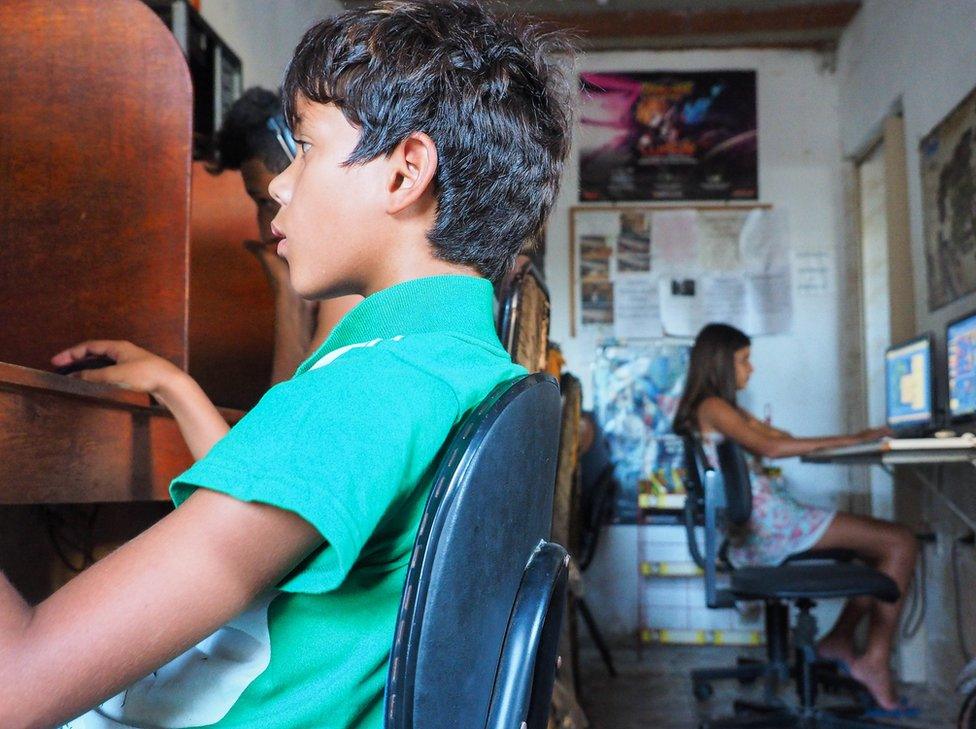
In Rio’s favelas, cyber-cafes remain important spaces of connectivity. Parents know their child is safe, staying indoors in dangerous neighbourhoods. They are, however, often focused on video games. And, unlike this one, many are not that welcoming to women.
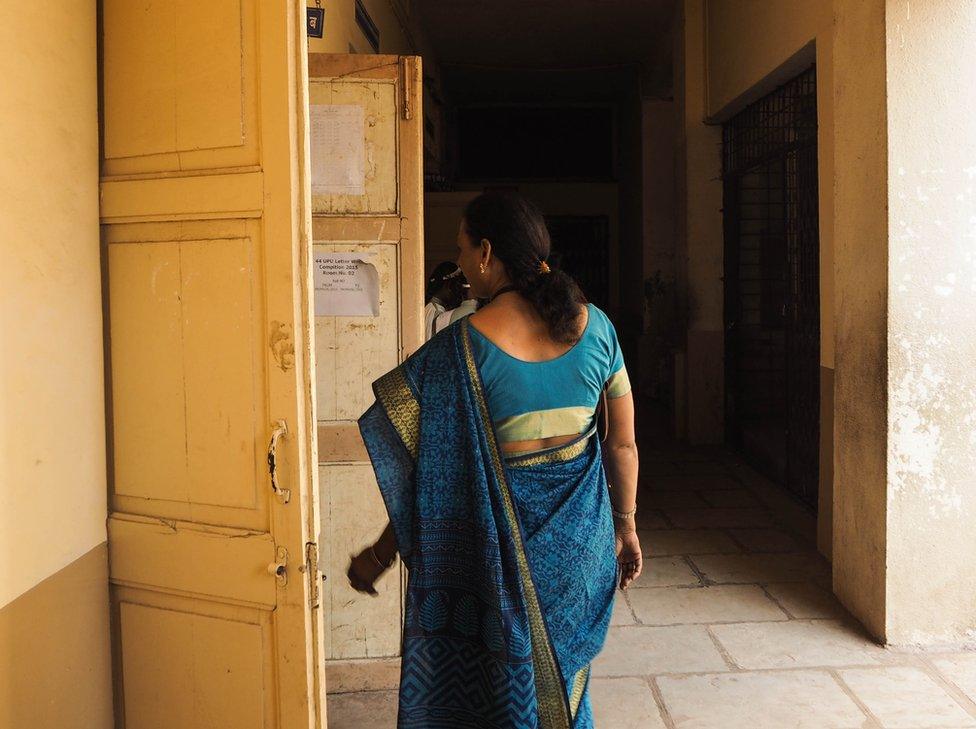
In India, some communities forbid women to access the web.
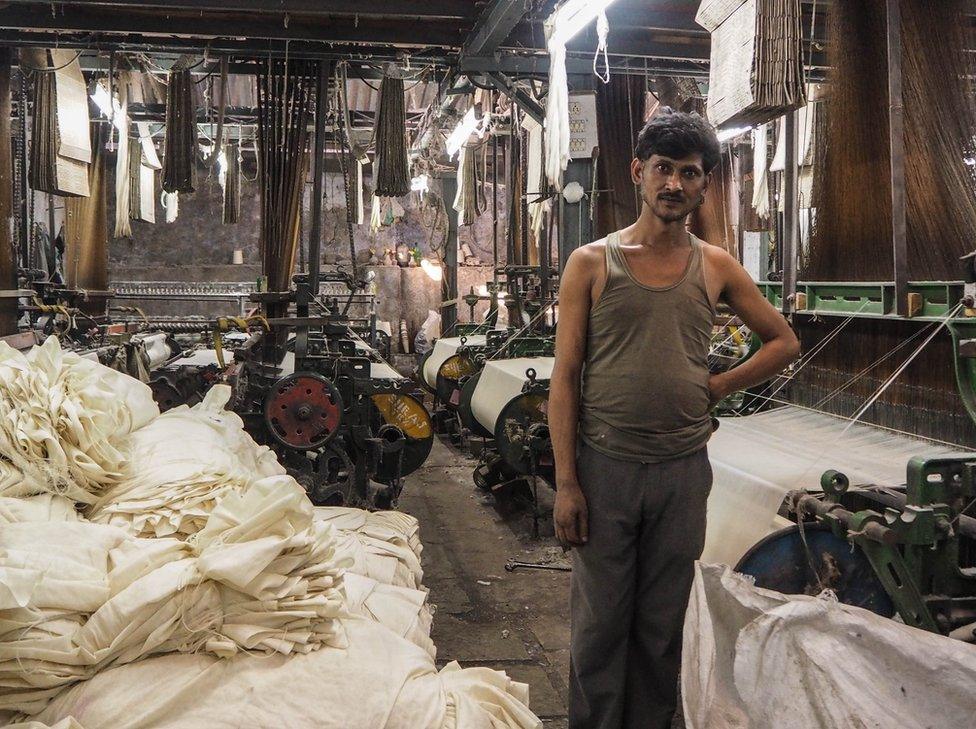
It is hard to find someone with no access to technology in a booming country such as India, but this cotton mill worker does not own even a basic mobile phone. He spends his nights in an adjacent room, sharing the floor with many others. The mill owner, however, loves sharing photographs of his life on Facebook.
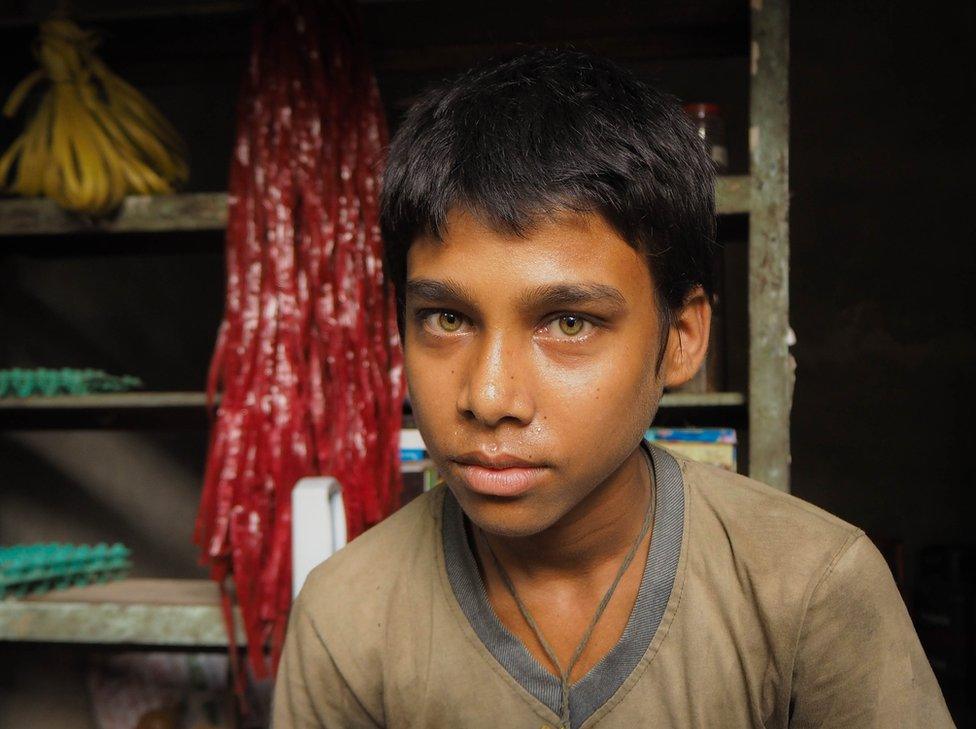
In a village in rural Bangladesh, many people thought using the web meant having a Facebook account. Mobile operators commonly implement zero-rating programs in such places. These allow people to browse Facebook for free on condition they remain inside the network.
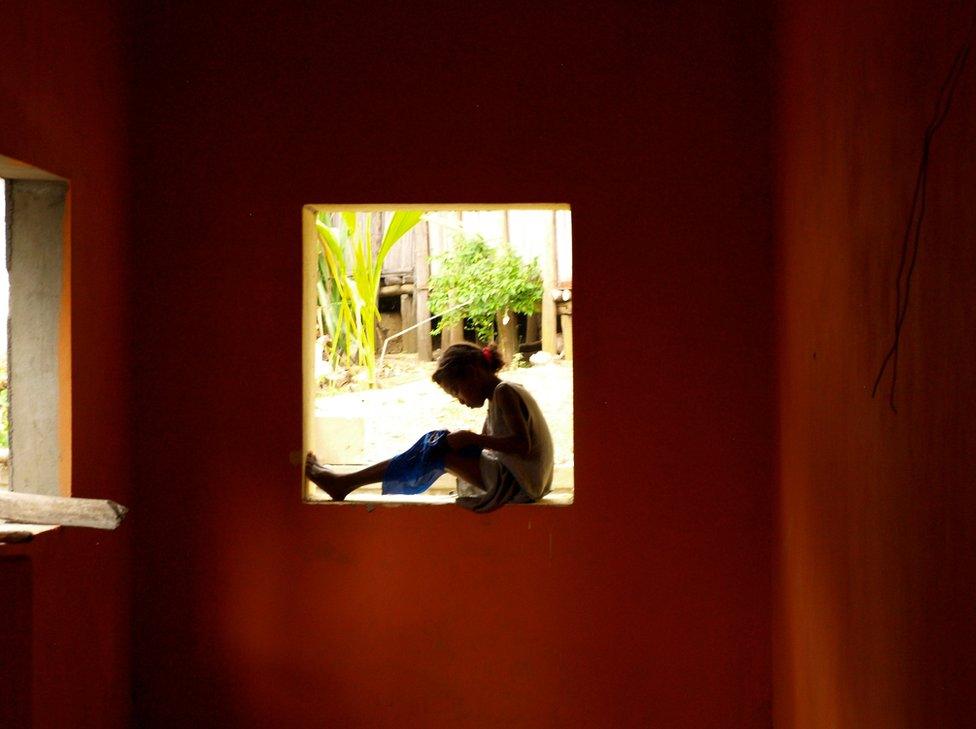
Seven years ago, the villages in northern Madagascar had very limited smartphone access. But today, many people in these villages are spending time and money on Facebook and other social media websites. Photographer Laura de Reynal was quickly found online by many of her subjects, who soon joined her social media network.